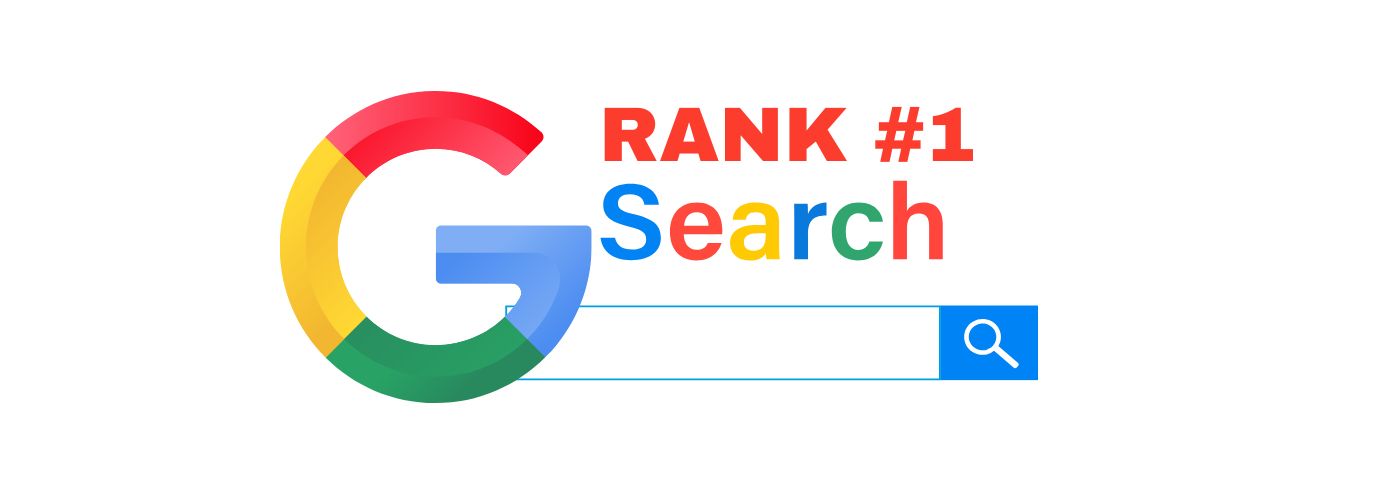
With millions of websites vying for attention, effective SEO strategies have never been more critical.
In this blog, we’ll walk you through these four essential steps to help you claim the coveted #1 spot on Google and drive sustainable traffic growth.
One of the fastest ways to improve your rankings is by analyzing what your top competitors are doing right—and doing it better.
Competitor Analysis: Start by identifying the top five competitors ranking for your target keyword. Document their strengths and weaknesses in a Google Sheet, paying close attention to on-page SEO elements such as title tags, meta descriptions, and headings.
URL Structure: Ensure your URLs contain the full keyword phrase. A clear and concise URL helps Google understand your content better, boosting your page’s relevance.
Title Tags & Meta Descriptions: Use exact match keywords in your title tags. Well-optimized meta descriptions with primary keywords can improve click-through rates (CTR), a critical ranking factor.
Creating content that ranks well requires aligning with what Google’s algorithms favor. Leveraging Natural Language Processing (NLP) can help you craft content that mirrors top-performing pages.
Content Strategy: Analyze content from top-ranking competitors to identify common topics they cover. Aim to create content with greater depth, addressing user intent comprehensively.
Tool Recommendation: Use Frase or Surfer SEO to generate NLP-driven content briefs and ensure semantic optimization.
Semantic Optimization: Use related keywords and phrases naturally throughout your content. This not only improves readability but also signals to search engines that your page offers thorough coverage of the topic.
Tool Recommendation: Try LSIGraph to find relevant LSI keywords.
SEO isn’t just about getting traffic—it’s about keeping visitors engaged.
High-Quality Content: Focus on creating high-quality, human-written content. Avoid keyword stuffing and instead prioritize answering users’ questions in a natural, informative way.
Tool Recommendation: Use Grammarly to enhance content readability and ensure grammatical accuracy.
Design for Conversion: Your page should be visually appealing and designed with clear calls to action (CTAs). Use persuasive elements like emotional triggers to guide users toward desired actions.
Trustworthiness is a major ranking factor. You can build trust by creating supporting content that reinforces your authority.
Supporting Content: Publish additional content that answers related questions and links internally to your main pages. This approach establishes topical authority and improves site structure.
Tool Recommendation: Use AnswerThePublic to find common questions related to your primary keyword.
Internal Linking: Ensure strong internal linking between your main pages and supporting articles. This helps distribute link equity and keeps users navigating through your site longer.
Tool Recommendation: Use Link Whisper for automated internal linking suggestions.
Implementing this four-step SEO strategy—exploiting competitors, feeding the machine with relevant content, creating addictive pages, and building trust with Google—you can significantly enhance your website’s search visibility and organic traffic.
Each step plays a vital role in helping your site stand out in a highly competitive digital landscape. Follow this plan, and you’ll be well on your way to ranking #1 in Google in 2025.
Ready to dominate search results?
Apply this four-step plan and turn your website into a traffic-generating powerhouse!
Recommended Tools:
Frase and Surfer SEO for content optimization.
LSIGraph for finding LSI keywords.
Grammarly for content quality.
AnswerThePublic for content ideation.
Link Whisper for internal linking.
Maximize your SEO efforts by leveraging these powerful tools and techniques today!
Want to Learn more? Let’s talk